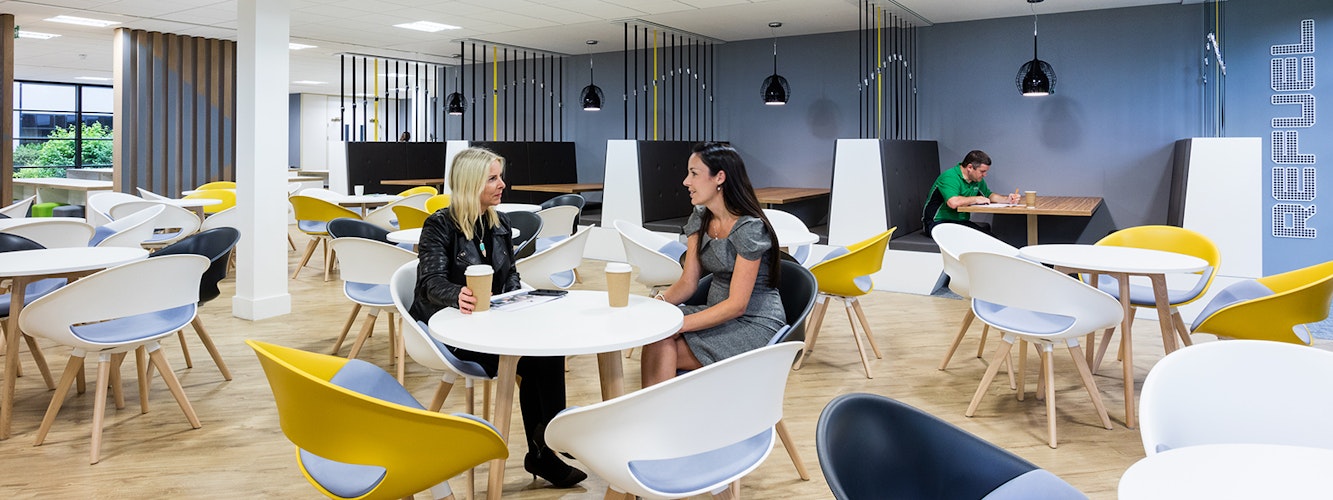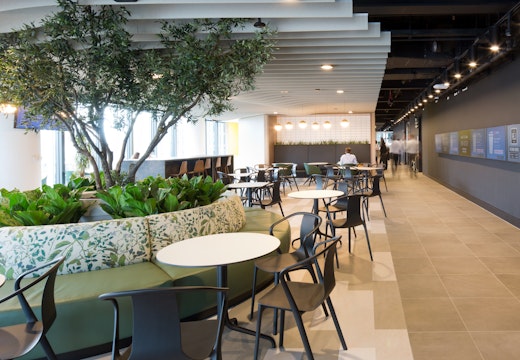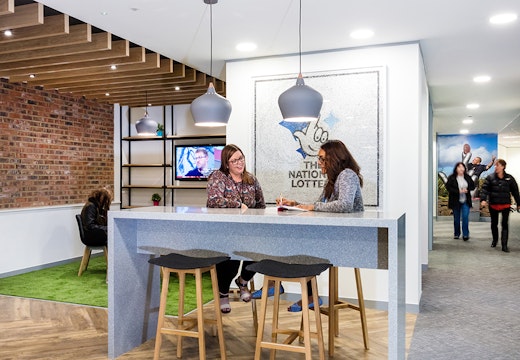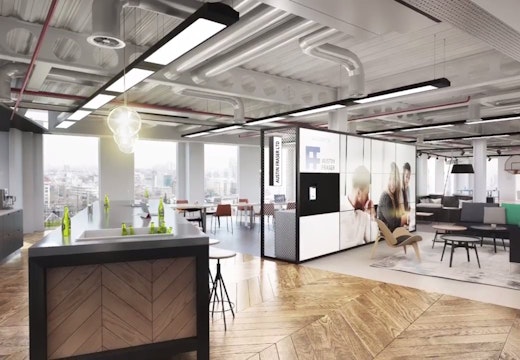Café society: making space for the millennials
Coffee shops are increasingly seen as an ideal ‘third space’ for working – and they’re starting to charge for space and not just coffee
Over the past few years, co-working has increased in popularity as a new way of working. The rise of the digital age, societal changes, the emergence of millennials in the workplace and strong growth of the online sector have helped develop co-working as a feasible alternative to the more traditional office-based, 9-5 work day.
Changing needs
The growth of the tech and creative sectors has seen more businesses wanting short-term, flexible leases in the City. Whilst being advantageous to landlords to let their space, the shift will require landlords to become as flexible as their serviced office tenants to meet their changing needs. In addition, as we become increasingly digitally connected, agile working has become an ever increasing demand from workers.
Millennials, or ‘generation we’, are now firmly established in the workplace. They share a collaborative approach to their work, expect fast connectivity and flexible work patterns, and co-working spaces such as cafes – or coffices – offer the work-life blend they want.
The third space
Coffee shops are seen as the ideal ‘third space’ – freed from the office and lockdown technology, workers can find a dynamic environment that can feed creativity and innovative thinking. These spaces are pleasingly anonymous, independent, and apart from the purchase of a coffee, free. A seemingly ideal solution between the formality of the office, the stuffiness of a hotel lobby and the cost of a drop-in serviced office. But if cafes are being used in the same way as expensive serviced offices, why don’t the majority of cafes charge for use of their amenities?
Ziferblat is London’s first pay-per-minute café. Promoting their space as ‘everything is free inside; except for the time you spend’ they charge 6 pence for every minute you stay. With an ‘everyone is welcome’ policy, users are treated as ‘micro-tenants’ of the space who have access to services that the digitally-savvy workforce require – fast connectivity, meeting rooms and collaborative co-working space. Ziferblat has essentially created its own mini-serviced office, and in turn created a collaborative community that everyone is welcome to join.
An agile working workplace
Going forward, agile working will become the norm in the way people work. The number of cafés on the high street is growing and, as more people use the space for work, the stronger the argument to charge its users.
To avoid businesses paying for additional, external space, they need to adopt the flexible ways of working used by the wider community and incorporate cafés within offices and provide a variety of spaces – open-plan café seating, comfy armchairs and sofas for more informal and collaborative work, and private pods for confidential phone calls and meetings, or just to concentrate and escape interruption. All supported by excellent coffee and super-fast wifi.








